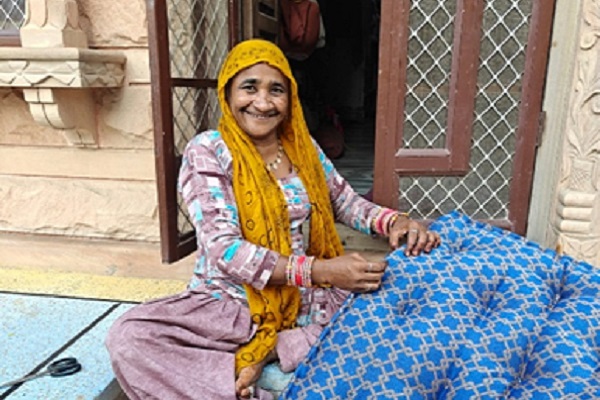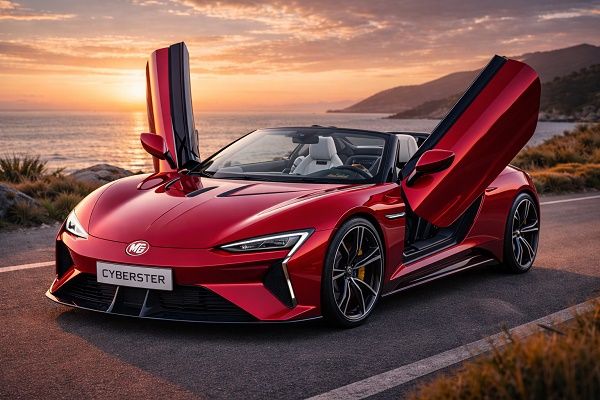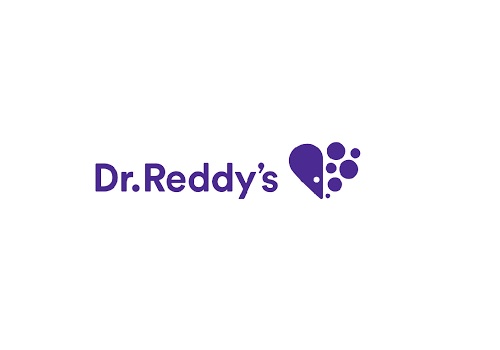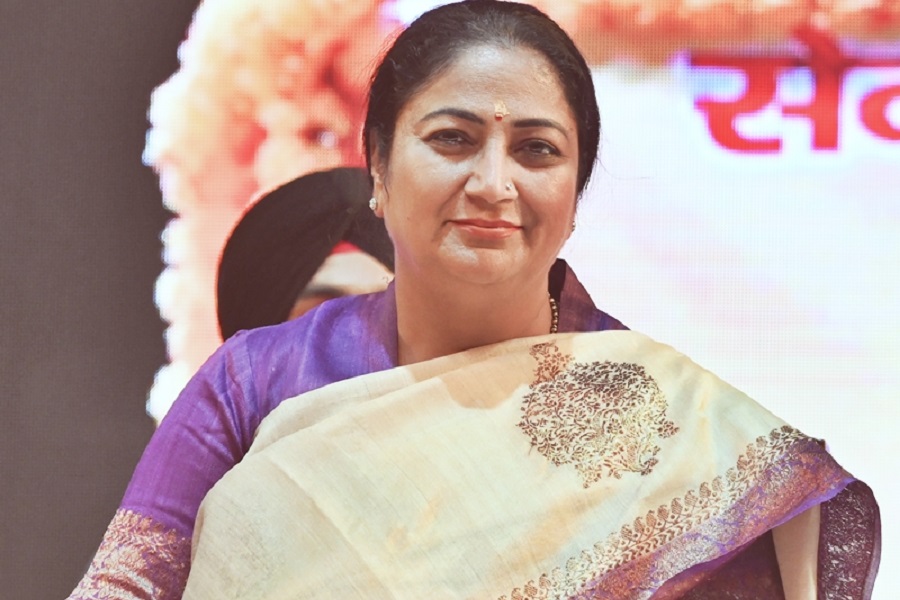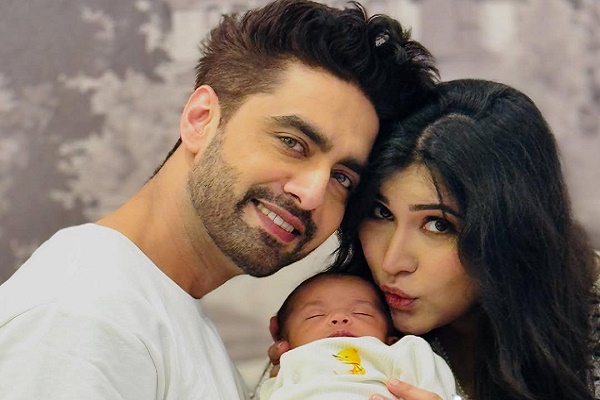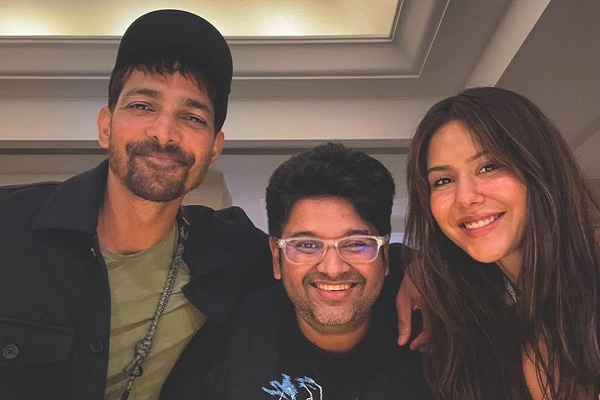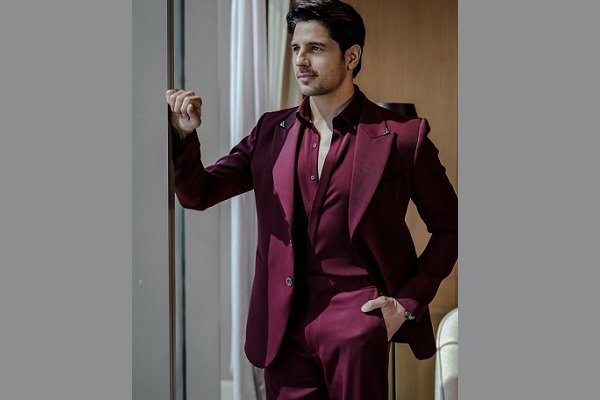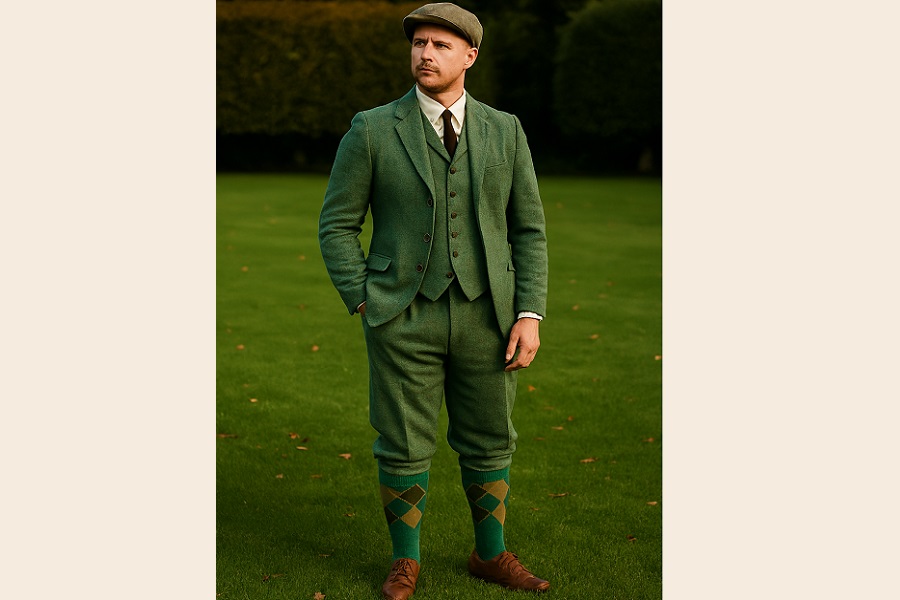Sustainable Fashion Trends: How Eco-Friendly Brands Are Shaping the Future of Fashion
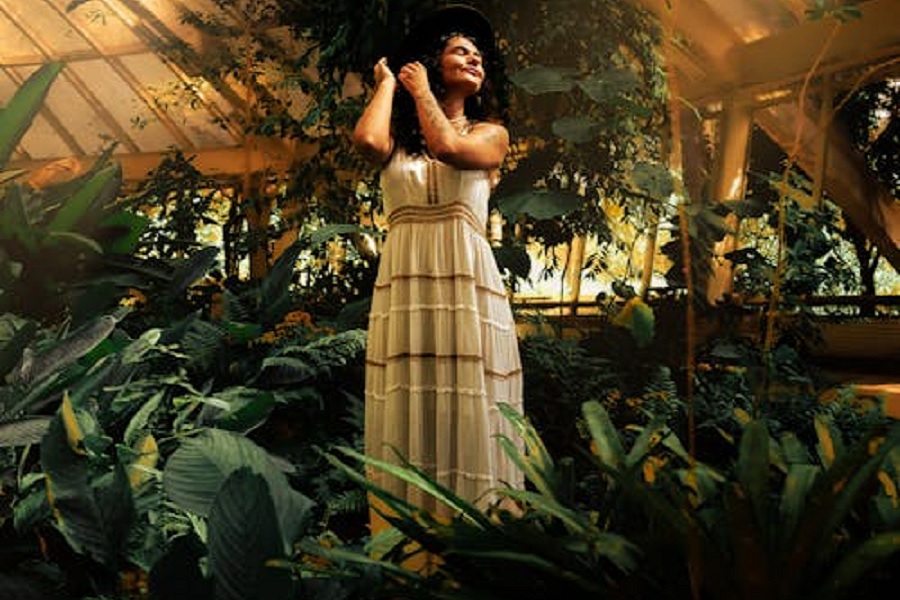
In recent years, sustainable fashion has transitioned from being a niche trend to a mainstream movement. Consumers and designers alike are becoming increasingly aware of the fashion industry's impact on the environment, and a shift toward eco-friendly, ethically produced garments is gaining momentum. The need for sustainability in fashion is no longer a passing fad; it has become an essential part of the industry's evolution.
The Rise of Eco-Friendly Fashion
Fashion, historically known for its fast-paced cycles and high environmental costs, is now evolving to embrace sustainability. From the materials used to the production processes, eco-friendly brands are reshaping the way we think about clothing. These brands focus on reducing environmental impact by using organic, recycled, or upcycled materials, and adopting production methods that minimize waste.
1. Materials Matter: Organic Fabrics, Recycled Materials, and Vegan Leather
A growing number of sustainable fashion brands are choosing materials that have a lower environmental impact. Organic cotton, bamboo, hemp, and Tencel (a fiber made from sustainably sourced wood pulp) are gaining popularity due to their minimal pesticide use and biodegradable properties. Additionally, brands are turning to recycled fabrics, such as polyester made from plastic bottles, reducing the need for virgin materials and helping to address the issue of waste. Vegan leather, often made from innovative alternatives like pineapple fibers or mushroom-based materials, is also gaining traction as a cruelty-free and eco-conscious option.
2. Sustainable Production Processes: Reducing Waste and Energy Consumption
Eco-conscious brands are revolutionizing manufacturing processes by adopting low-waste techniques, such as zero-waste pattern making, and cutting-edge technologies that reduce water and energy consumption. Additionally, many sustainable brands are embracing small-batch production or on-demand manufacturing to avoid overproduction—a common pitfall of the fast fashion industry.
3. Upcycling and Circular Fashion: Extending the Life Cycle of Clothing
Upcycling—transforming old clothing into new, fashionable pieces—is another trend that is gaining traction. Brands are using upcycled textiles to create unique collections, reducing the need for new raw materials. Furthermore, circular fashion, which encourages the reuse, repair, and recycling of clothing, is emerging as a solution to combat the problem of textile waste.
Leading Sustainable Fashion Brands
Several eco-conscious brands are leading the way in transforming the fashion industry into a more sustainable and ethical space. Brands like Patagonia, Stella McCartney, and Reformation have long been advocates for sustainable fashion. Newer brands like Allbirds, Pangaia, and Veja are also making waves by focusing on sustainable materials, ethical labor practices, and reducing their carbon footprints.
The Role of Consumers in Sustainable Fashion
Consumers are increasingly demanding transparency and sustainability from fashion brands. With the rise of social media and ethical consumerism, shoppers are now more informed about where and how their clothes are made. By supporting brands that prioritize sustainability, consumers are driving change within the industry. The growing trend of second-hand shopping and clothing rentals is also contributing to the sustainability movement, helping to reduce demand for new clothing production.
The Future of Fashion: A Greener, More Ethical Industry
The future of fashion is undeniably linked to sustainability. As technology continues to advance, we can expect even more innovative materials, production techniques, and business models that prioritize environmental and social responsibility. With eco-conscious brands leading the charge, and consumers becoming more conscious of their purchasing decisions, the fashion industry is on the cusp of a major transformation that will shape a greener, more ethical future for all.

